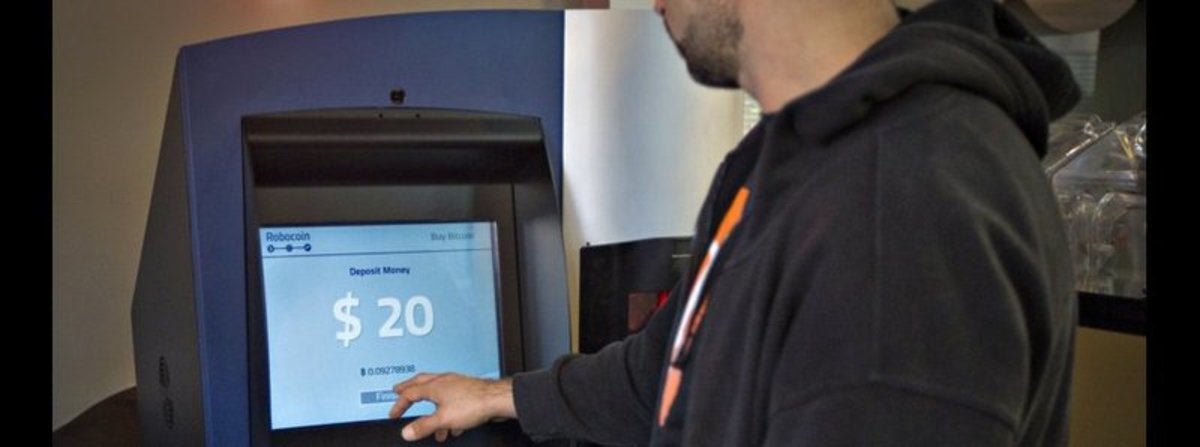
This week, the state of Illinois General Assembly is holding a hearing regarding virtual currencies and the state’s Transmitters of Money Act. Introduced by Republican Elizabeth Hernandez, the proposed amendment to the act will attempt to further clarify the role of virtual currencies throughout the state.
For Bitcoin, the hearing marks a time where legislators and lawmakers throughout the nation are asking the same questions. Do Bitcoin and virtual currencies have a future in terms of becoming a viable currency? If so, how will an individual state’s legislation play a role in the adoption of virtual currencies as a form of legal tender?In recent months we have witnessed many states reach out to find clarity in virtual currencies - the benefits, risks, and economic implications. Many are aware of the hearings in New York, where supporters of virtual currencies spoke out to the Department of Financial Services to further clarify the benefits of Bitcoin. Connecticut also released a report in late February that focused on Bitcoin and virtual currency. The report aimed to provide a summary of the use of bitcoin as virtual currency, the laws that govern it and other states’ attempts at regulation. Also in February, California proposed an amendment that would legalize Bitcoin, virtual currencies and community currencies that can be redeemable for lawful money of the United States. This proposed amendment stated:
“A person shall not issue or put in circulation, as money, anything but the lawful money of the United States. Nothing in this section shall prohibit the issuance and use of alternative currency that is redeemable for lawful money of the United States or that has value based on the value of lawful money of the United States but a person shall not be required to accept alternative currency.”
However, many of these documents fail to state the difference between money and currency, which puts in question the motivation behind these updates. Because of Illinois’ obvious stance on virtual currency, its decision to amend the Transmitters of Money Act to include virtual currencies is not surprising. What is surprising is the verbiage used in the amendment:
Sec. 110. “Virtual currency. Virtual currency does not have legal tender status. For the purposes of this Section, “virtual currency” means a medium of exchange that operates like currency in some environments, but does not have all the attributes of real currency.”
This statement raises the question of how “real currency” is defined. In finance, real currency is ‘the purchasing power in today’s currency of future nominal currency to be disbursed or received.’ If we use this to further evaluate the stated amendment, it seems that state lawmakers believe Bitcoin and other virtual currencies can be used in speculation or as a means of exchange. This may be true, but evaluating virtual currencies in terms of investments is a small piece of the puzzle. It would be worth stating that although Bitcoin is not yet “legal tender,” it and many other virtual currencies carry every trait of a sound currency. Bitcoin has the ability to stay valuable over time, because the network, software and payment system have value. Additionally, Bitcoin has a limited supply (only 21 million will ever exist), and is easily divisible and portable. The argument that virtual currencies aren’t “real money” is tough when many of them consist of the same technology and traits.
By defining “virtual currency,” the state is probably seeking legislative clarity. On the other hand, based on the proposed amendment, it is obvious that Illinois lawmakers have a certain outlook on the future of virtual currency within their state. Past legislative efforts have been more focused toward gaining knowledge of virtual currency, much like the two-day hearing in New York and the research report from Connecticut. States like Illinois are taking it among themselves to find a definition on their own.
For those who want to attend regarding the Transmitters of Money Act, the Financial Institutions Committee Hearing will take place at 3:30PM, Wednesday, March 19th at the Stratton Building, Room 413 in Springfield, Illinois.
Office of Legislative Research Report - Connecticut: http://www.cga.ct.gov/2014/rpt/pdf/2014-R-0050.pdf
Illinois General Assembly - Bill Status of HB5886: http://www.ilga.gov/legislation/BillStatus.asp?DocNum=5886&GAID=12&DocTypeID=HB&LegID=&SessionID=85&SpecSess=&Session=&GA=98
Full Text of HB5886: http://www.ilga.gov/legislation/fulltext.asp?DocName=&SessionId=85&GA=98&DocTypeId=HB&DocNum=5886&GAID=12&LegID=&SpecSess=&Session=










